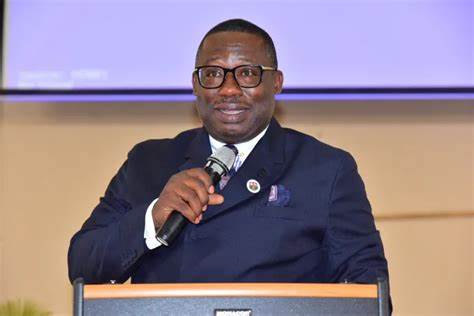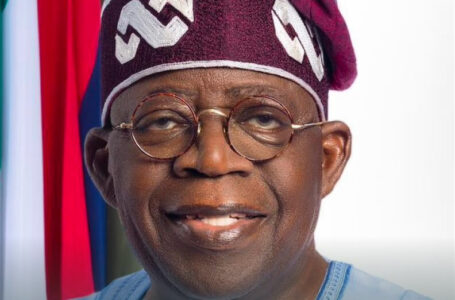Increased petrol price by NNPC will prompt a vicious cycle of economic hardship – NACCIMA

The Nigerian Association of Chambers of Commerce, Industry, Mines, and Agriculture (NACCIMA) has expressed concern over the increasing petrol pump prices in Lagos and Abuja, cautioning that this could lead to widespread economic challenges nationwide.
Dele Oye, the National President of NACCIMA, raised these issues in a statement issued on Wednesday in Lagos.
Oye pointed out that petrol prices, which have risen to N998 and N1,030 per litre respectively, are putting strain on businesses and households throughout the country.
He cautioned that the price surge could result in higher transportation costs, exacerbate inflation, and severely impact small and medium-sized enterprises (SMEs).
Oye stressed the importance of thoroughly assessing the economic repercussions, particularly regarding the pricing of goods, services, and transportation.
He said, “With transportation costs directly tied to fuel prices, this increase will serve as a catalyst for higher freight charges.”
“Given that fuel is a primary driver of inflation, the rise in petrol prices will exacerbate the already high inflation rate in Nigeria.”
“Households will find themselves paying more not only for fuel, but also for everyday goods and services, prompting a vicious cycle of rising costs and economic hardship.”
“The recent fuel price increase will have a profound impact on micro and nano businesses, many of which rely heavily on petrol generators to power their operations,”
He highlighted that the economic prospects for SMEs could shift from growth to mere survival. This, he explained, would not only affect individual businesses but also impede job creation and economic development in communities across Nigeria.
The NACCIMA president urged the Nigerian National Petroleum Corporation Ltd. (NNPCL) to extend the necessary support for the operations of the Dangote refinery. He suggested that such backing could help stabilise local petrol prices, reduce Nigeria’s dependence on imported fuel, and foster national self-sufficiency.
Oye further called on the Central Bank of Nigeria to step up its efforts in implementing monetary policies aimed at stabilising or strengthening the Naira. He warned that increasing import costs, driven by the depreciating currency, could further escalate domestic fuel prices.






